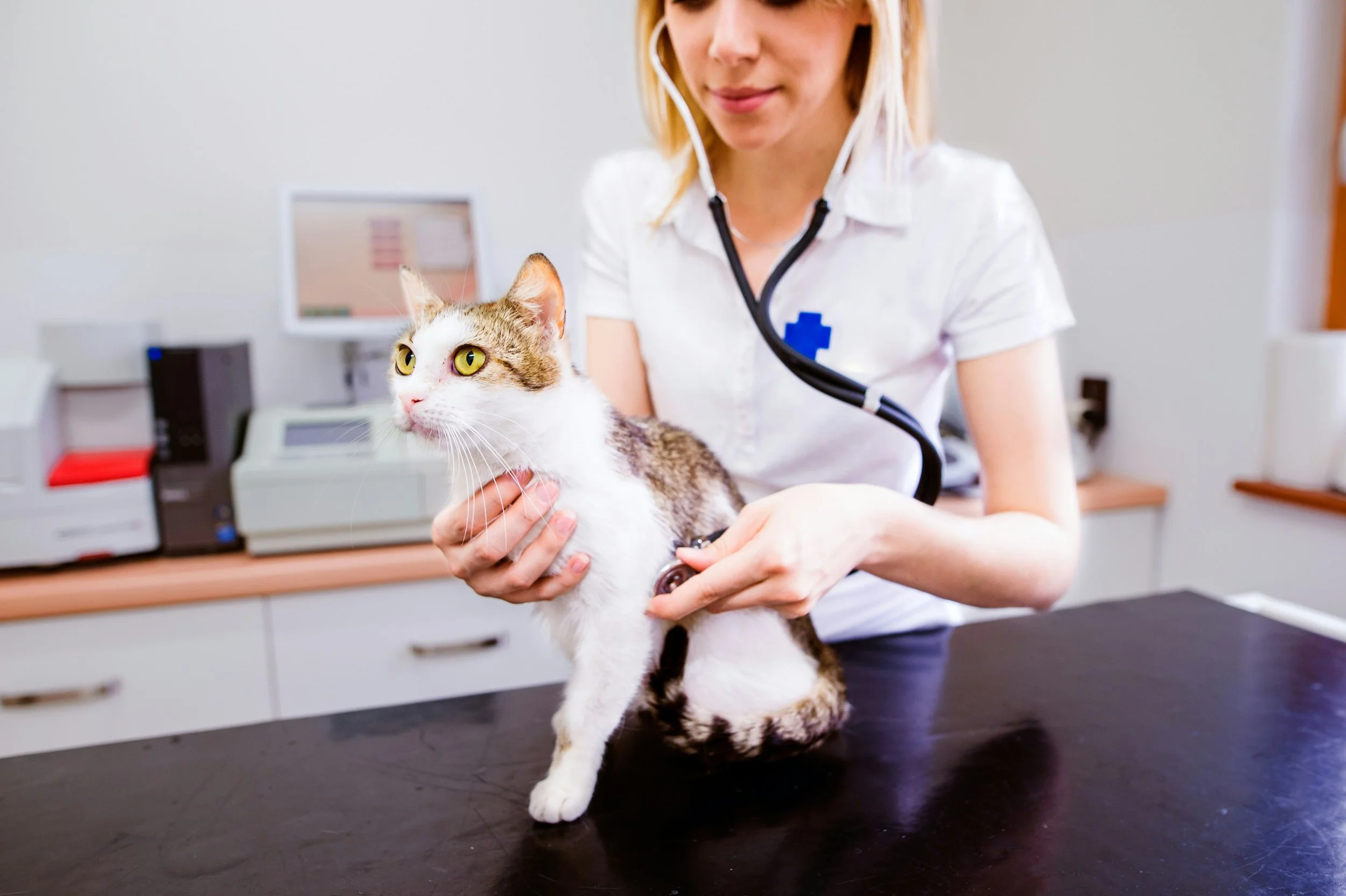
Action Alerts
Your voice matters. Make a difference by using it to advocate for the issues you care about.
Advocacy organizations represent the views of like-minded individuals when it comes to supporting or opposing bills, but the most powerful voice still belongs to the individual constituent.
Current OAA action alerts are listed below. New alerts are added as laws are reintroduced in session throughout the year. We encourage you to review these alerts and take the specific action(s) requested in each (contacting officials, sharing on social media, etc.).
Successes from Previous Years:
-
State Legislation: The Ohio Housing Trust Fund (OHTF) was saved from a harmful amendment in Ohio H.B.96 that would cut this essential program. The Ohio Housing Trust Fund is the primary source of state funding for local homelessness and housing services that helps vulnerable Ohioans keep a roof over their heads. OHTF funds are to fight homelessness, keep seniors and Ohioans with disabilities safely housed, pets and families together, and expand affordable housing in their districts.
-
Federal Legislation:
H.R. 4389, the Migratory Birds of the America’s Conservation Enhancement Act of 2023, was signed into law on April 24, 2024. Once enacted, H.R. 4389 will increase the federal cost share of the Neotropical Migratory Bird Conservation Act program from 25% to 33% with a 1-2 public-to-private match – allowing more partners to participate in the program and thus generating a wider variety of projects and reducing barriers to conservation action.
State Legislation:
Ohio HJR 5 was defeated. This bill would have removed Ohioans constitutional right to vote on wildlife issues, establish sportsmen as the priority group to manage wildlife thus minimizing ODNR's authority, and prioritize hunting and trapping as the preferred method of managing wildlife populations. By stopping this bill, Ohio’s democracy and the management of wildlife using science-based principles was protected.
-
Federal Legislation:
H.R. 263, The Big Cat Public Safety Act, was signed by President Biden, after passing the U.S. House of Representatives by an overwhelming majority in July, and passing the United States Senate 100-0 this fall. This law will end the exploitation of tiger cubs in photo opportunities, and require private owners to register the animal(s) they already have, while forbidding them from breeding those animals or acquiring more.
The U.S. Congress passed the 2023 federal omnibus appropriations bill, which included the FDA Modernization Act 2.0, which disposes of the outdated requirement that drugs be tested on non-human animals. This act is the biggest legislative win for animals in U.S. labs in decades – eliminating the mandate in place since 1938 that required FDA-approved drugs be tested on animals.
State Legislation:
Ohio Senate Bill 164 was signed by the Governor 1/3/23 after it passed out of the House this past December. This bill, sponsored by Senators Jay Hottinger and Kenny Yuko, revises the law and penalties associated with companion animal cruelty; generally prohibits an animal shelter from destroying a domestic animal by the use of a gas chamber, and prohibits the remains of euthanized dogs and cats in pet food. Animal cruelty is a heinous act against some of the most vulnerable members of society, and is linked to other crimes including domestic violence, child maltreatment, and child abuse. It was time to elevate the punishment for the torture and killing of innocent animals, and increase the chance of saving human lives.
Ohio Senate Bill 392 was signed by the Governor. This bill authorizes ambulance transport of an injured police dog when the dog is injured in the line of duty.
Ohio S.J.R. 3 was defeated. This bill would have removed Ohioans constitutional right to vote on wildlife issues, and prioritize hunting and trapping as the preferred method of managing wildlife populations. By stopping this bill, Ohio’s democracy and the management of wildlife using science-based principles was protected.
-
State Legislation
H.B. 33 was signed by the Governor in a virtual ceremony on January 6, 2021, after passing the Senate 31-0. This bill requires cross-reporting of animal and human violence. By requiring social service professionals in the course of a home visit to contact humane agents when there are signs of animal abuse, H.B. 33 may save an animal’s life and help prevent the escalation of violence in a family. This bill becomes law 90 days after bill signing.
H.B. 67 passed out of the legislature and was signed by the Governor. It provides charitable spay-neuter services by veterinarians and is an innovative solution to advancing spay-neuter opportunities in Ohio by creating the Veterinarian Student Debt Assistance Program. The Program allows the State Veterinary Medical Licensing Board to repay all or part of an educational loan in return for performing charitable veterinarian services including free spay-neuter services that help accomplish the community goal of reducing the population of homeless animals in Ohio.
H.B. 24 was passed with an amendment to make bestiality and cockfighting a crime throughout Ohio. In 2016, Ohio passed laws making bestiality a misdemeanor and cockfighting a felony but a legislative mistake and a court’s decision led to bestiality remaining legal and cockfighting remaining a misdemeanor in eight Northern Ohio counties. This bill makes sexual activity with animals a second-degree misdemeanor, and animal fighting a felony statewide.
H.B. 553 was defeated. This was a reckless proposal that threatened to abolish the Ohio Division of Wildlife’s authority to regulate the hunting of coyotes. Science-based control of hunting, trapping and fishing in Ohio is crucial. Had this bill passed, it would have empowered politicians, rather than wildlife scientists at the Ohio DNR, to set the rules around hunting. Following strong pushback, the Ohio House Energy and Natural Resources Committee tabled this bill. OAA and our constituents will remain vigilant if this bill reappears in the current legislative session.
“Never doubt that a small group of thoughtful, committed citizens can change the world; indeed, it's the only thing that ever has.”
— Margaret Mead







